En estos días me abordaron unos padres de un niño autista de 6 años, que está en el primer grado de educación primaria, y me expusieron la siguiente situación: P. No quiere hacer las tareas con nosotros, que somos sus padres.
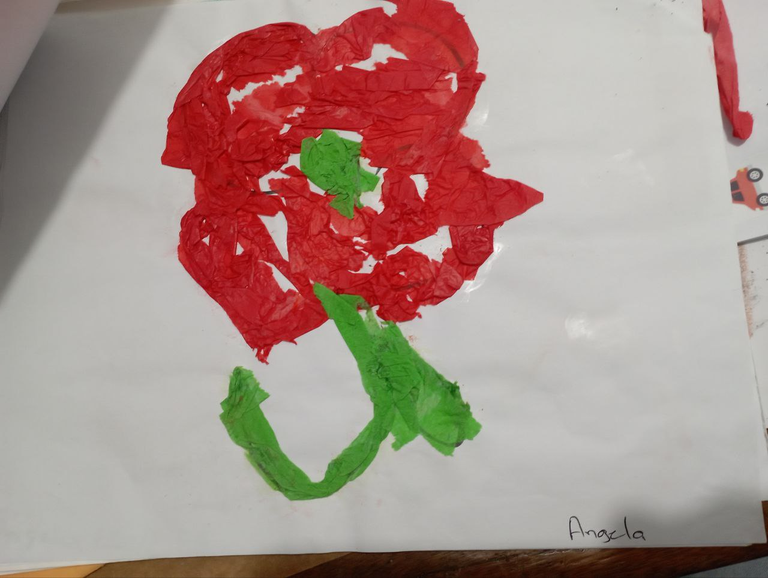
Con respecto a las tareas escolares existen diversidad de opiniones, hay quienes están de acuerdo y quienes no están de acuerdo. Para ambos extremos tengo referencias canónicas. Sin duda la más interesante es la de Frato, Francesco Tonucci
Los deberes son un error. Las tareas se piensan como ayuda, especialmente a los que más lo necesitan, pero no consiguen este objetivo porque generalmente los niños que tienen más dificultades no suelen contar en casa con el apoyo necesario para hacer los deberes. Esa labor de enseñar y cubrir las lagunas educativas corresponde al profesor, no a los deberes, y debe hacerse dentro del horario escolar…Estamos privando a los niños de su vida, solo les cargamos de más actividades formativas, cuando lo que necesitan es vivir experiencias y así tendrán algo que compartir al día siguiente en la escuela.
Francesco Tonucci: su visión educativa en diez puntos
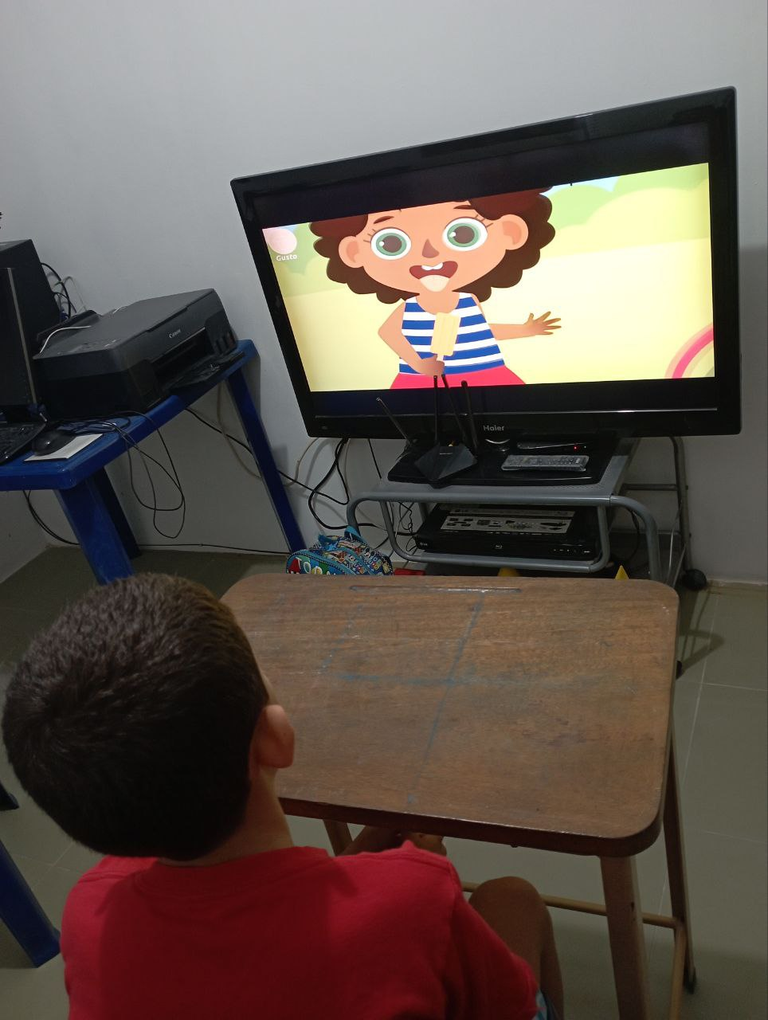
El otro punto de referencia sobre las tareas escolares lo tengo del libro Tareas sin Peleas, de María Elena López y Alejandra Gafaro Reyes Este libro lo adquirí hace algún tiempo en el Círculo de Lectores. Recuerdo que su contenido me permitió abordar en las reuniones de padres aspectos muy importantes y poco tratados, al menos por los autores que he tenido la oportunidad de estudiar, sobre las relaciones íntimas que, a través del proceso de elaboración de las tareas escolares, tienen la oportunidad de construir los adultos responsables y los niños.
El texto de López y Gafaro, plantea diferentes aristas sobre el tema de las tareas escolares; pero sobre todo de las oportunidades que tienen los padres de trabajar las relaciones intersubjetivas y conocer realmente cómo aprenden sus hijos, cómo funcionan sus procesos de aprendizaje.
Este libro brinda las herramientas necesarias para fomentar el estudio, establecer una rutina y crear un ambiente de trabajo estimulante para los niños, e incluye consejos sobre cómo resolver los problemas más difíciles de atención, disciplina y aprendizaje./ El éxito de sus hijos está en sus manos.
Tareas sin peleas
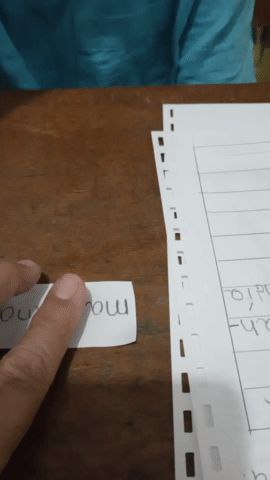
Ahora bien, sobre ambas referencias, no necesariamente opuestas, y la experiencia que he logrado reunir en ambientes escolares, como psicopedagoga y como madre, puedo decirles que el proceso de hacer tareas, independientemente que estemos en acuerdo o no que sean asignadas, va a depender de nuestra actitud y la competencia de flexibilidad y adaptabilidad que tengamos para aceptar la filosofía de nuestras escuelas y centros educativos.
Sabemos que los deberes escolares son muy comunes en nuestra sociedad venezolana. El hecho de que nos sintamos más ocupados y agobiados por las dinámicas no tan amigables de nuestro día a día, no es excusa para dejar de abrir un espacio de organización que incluya sentarnos con nuestros niños y ayudarles con sus asignaciones escolares.
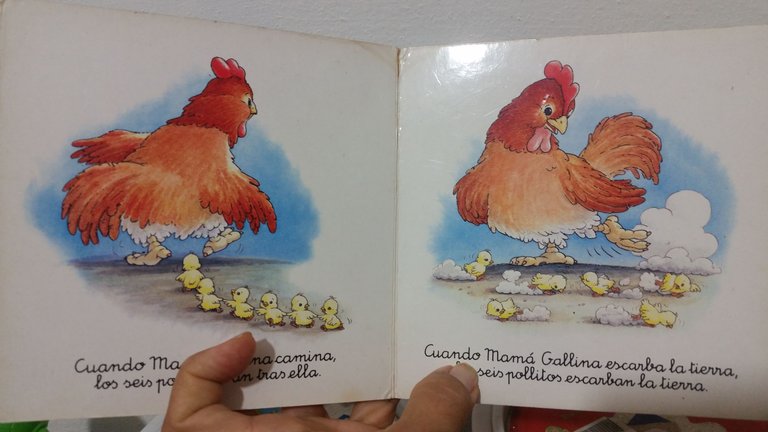
Los padres como mediadores del aprendizaje.
Es cierto que por sus características e idesincracia el niño autista le resulta menos fácil separar los roles de las personas. En este sentido, hay niños, como P., que piensa que con los padres no se realizan tareas; sino con los maestros. Esta marcada separación de roles es más común de los que se piensa.
El estudio de las doce dimensiones psicológicas afectadas en los niños con espectro autista, elaborada por Ángel Rivière, todavía vigente, excepto por una propuesta de inclusión de cuatro dimensiones adicionales: 1- Los trastornos de la modulación sensorial. 2- Los trastornos de la discriminación sensorial. 3- Los trastornos motores de base sensorial. La cuarta dimensión está referida a los niveles de severidad del trastorno incluidos en el DSM5
En su estudio original, Rivière, en las dimensiones flexibilidad, anticipación y sentido de actividad propia, hace referencia al apego a la invarianza del status quo que las personas dentro del espectro autista luchan por mantener; su falta de adaptabilidad a los cambios, sobre todo aquellos que se realizan sin un período adecuado de anticipación.
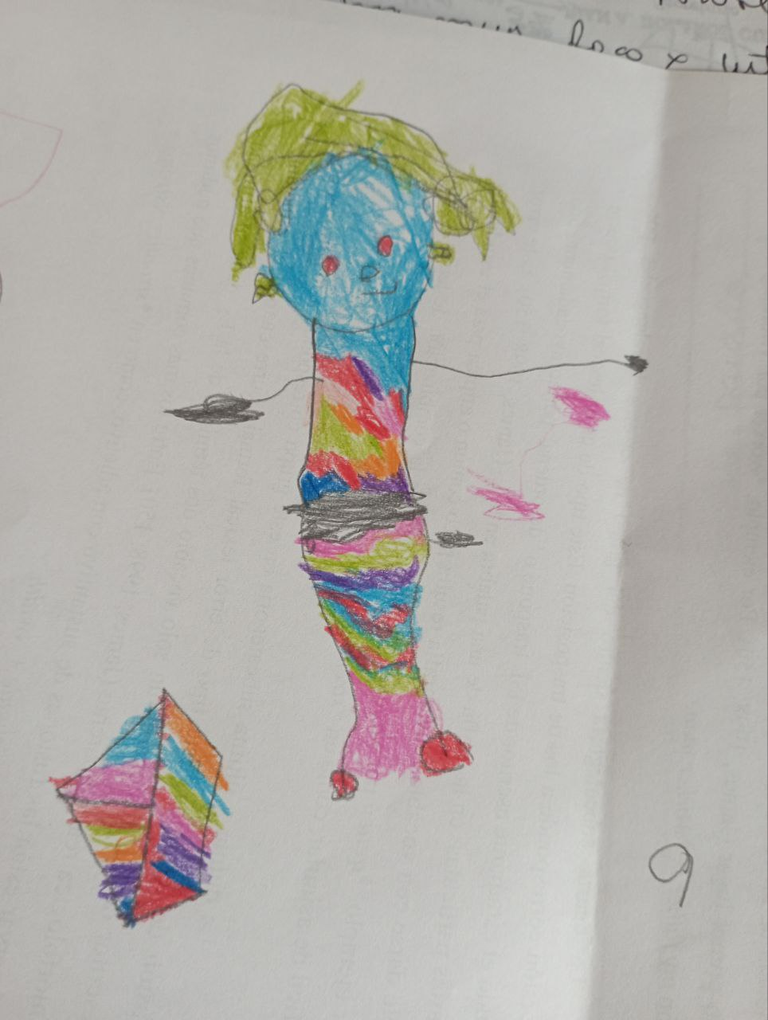
Dibujo. Figura humana de A.
En referencia a lo anterior, pero en este punto hago referencia sobre mi experiencia, con mucha frecuencia he visto que la mayoría de los niños autistas, incluyendo los que atiendo, no realizan los deberes escolares con los padres; sino con la maestra de tareas dirigidas, los psicopedagogos o un adulto que asuma ese rol. Muestran conductas de evitación activa y/o pasiva.
Los padres de P., se acercaron muy preocupados porque se les estaba acumulando las tareas de una semana, ya que el niño se negaba en forma rotunda a realizarlas con cualquiera de ellos. Afirmaba que no eran maestros, eran padres.
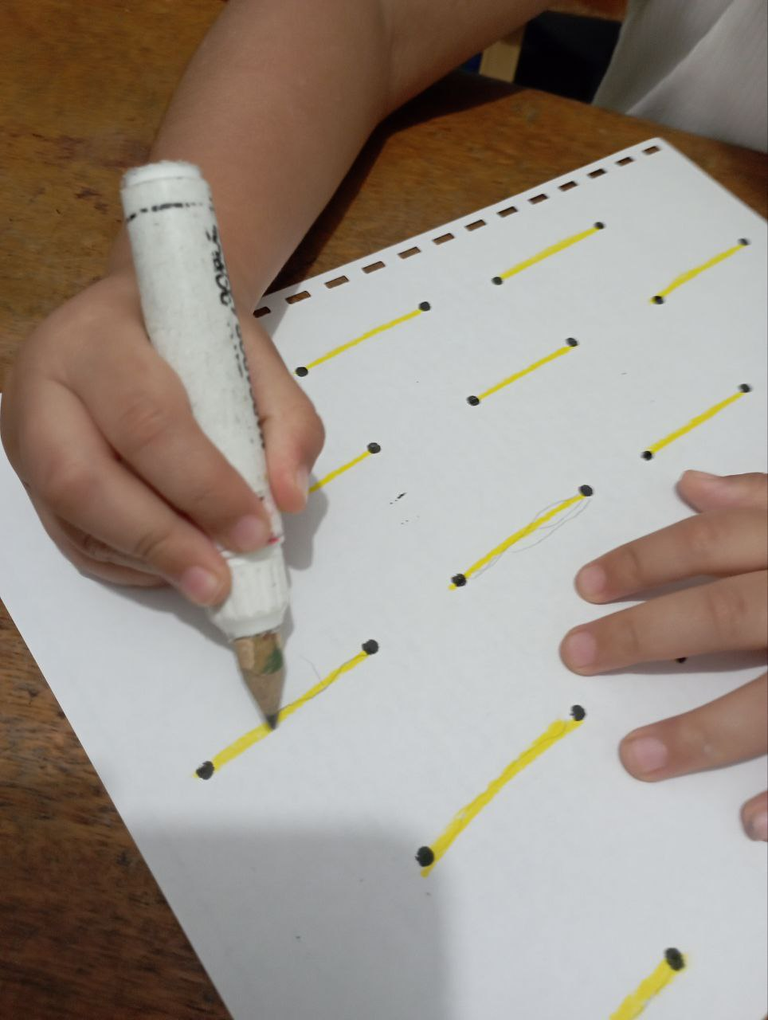
Correspondió realizar un trabajo de des-sencibilización y sensibilización con los padres para lograr que ellos pudieran cumplir con el rol de ayudantes para realizar la tarea escolar. Una de las estrategias más interesantes y efectivas fue invitar a la docente de aula para que transfiriera su autoridad pedagógica a los padres. Esto se realizó en la misma escuela, en varias sesiones, en mi espacio de trabajo (apoyo a una escuela privada dos veces por semana) Básicamente fue hacer explícito el intercambio de roles y de competencias, mientras el docente, y yo, ¨supervisábamos¨ a los padres para dar nuestro veredicto como ¨aptos¨ para encargarse de ayudar a P. son sus tareas escolares.
Otro aspecto tanto interesante como determinante en este proceso fue orientar a los padres con respecto a la dinámica y los recursos para implementar las tareas en casa. El resultado de varias reuniones y conversaciones fue esta guía para ayudarlos a organizar y organizarse.
Estas son impresiones de la pantalla de mi teléfono Redmi11.
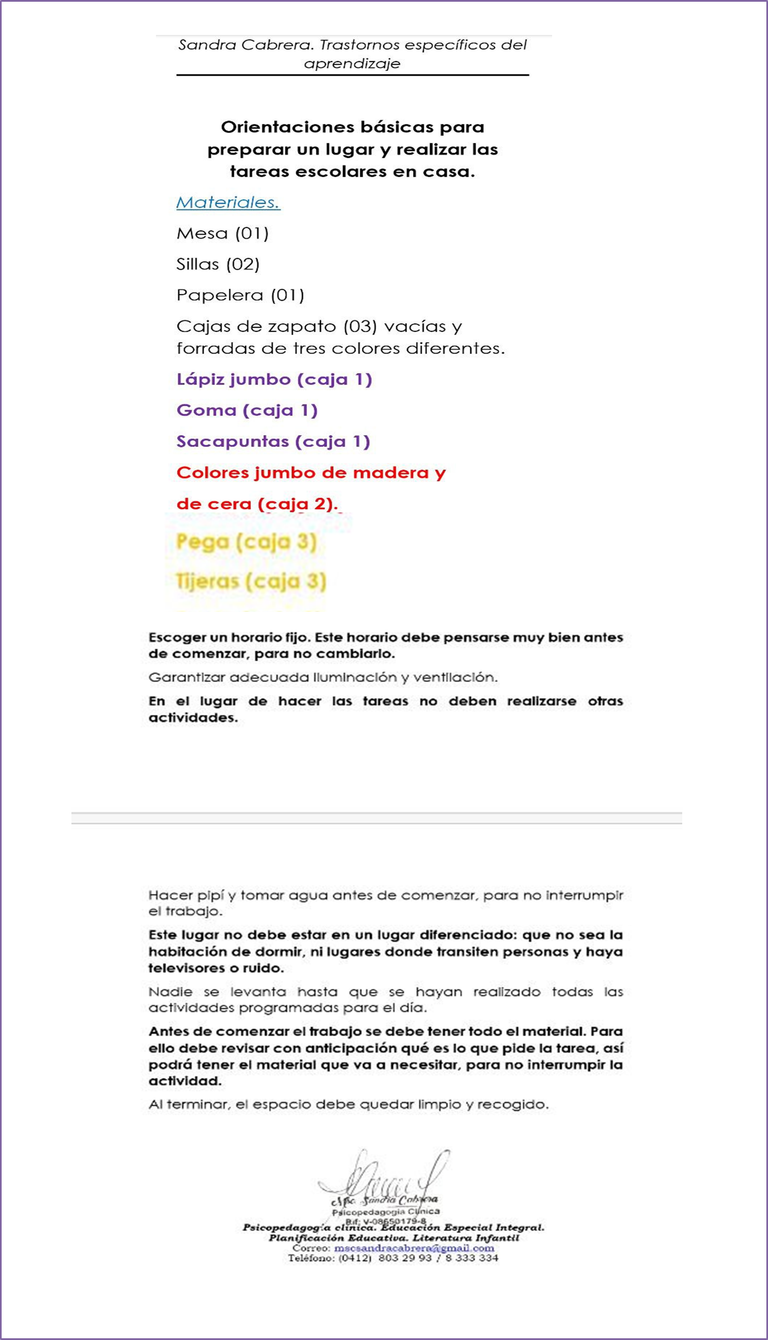
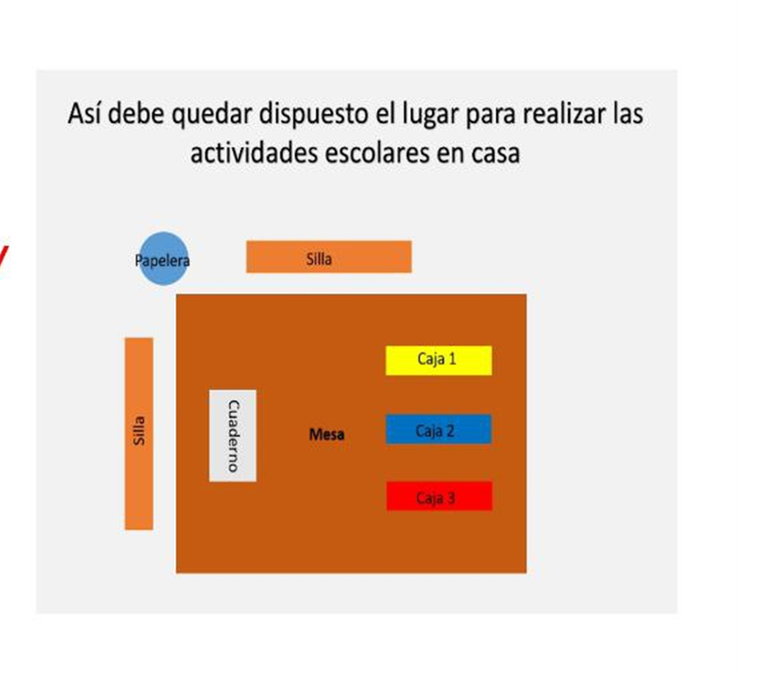
Imagen ralizada por el autor en Powerpoint.
A la fecha los resultados han sido positivos. Aun no se consolida totalmente la rutina de actividades en casa; pero se ha logrado que sobre todo el padre pueda orientar la ayuda en las tareas. Es importante recordar que al introducir modificaciones en cualquier elemento de la rutina de un niño autista, debemos anticipar tanto antes como sea posible, repetir tanta veces como sea posible, tener paciencia y ser muy consistentes para lograr introducir cambios duraderos.

La traducción la realicé con Google. Las fotografías las tomé con mi teléfono Redmi11.
These days I was approached by some parents of a 6-year-old autistic child, who is in the first grade of primary education, and they explained the following situation to me: P. He does not want to do his homework with them, with his parents.

With regard to schoolwork there are a variety of opinions, there are those who agree and those who do not agree. For both extremes I have canonical references. Without a doubt, the most interesting one is that of Frato, Francesco Tonucci
Homework is a mistake. Homework is thought of as help, especially for those who need it most, but it does not achieve this objective because generally children who have more difficulties do not usually have the necessary support at home to do their homework. This work of teaching and covering educational gaps corresponds to the teacher, not to homework, and must be done within school hours... We are depriving children of their life, we are only loading them with more formative activities, when what they need is to live experiences and thus they will have something to share the next day at school.
Francesco Tonucci: his educational vision in ten points

The other point of reference on schoolwork is from the book Tareas sin Peleas, by María Elena López and Alejandra Gafaro Reyes I bought this book some time ago at the Círculo de Lectores. I remember that its content allowed me to address very important and little-discussed aspects at parent meetings, at least by the authors I have had the opportunity to study, about the intimate relationships that, through the process of preparing school assignments, responsible adults and children have the opportunity to build.
The text by López and Gafaro raises different angles on the subject of school assignments; but above all, the opportunities that parents have to work on intersubjective relationships and really know how their children learn, how their learning processes work.
This book provides the necessary tools to encourage study, establish a routine and create a stimulating work environment for children, and includes advice on how to solve the most difficult problems of attention, discipline and learning. / The success of your children is in your hands.
Homework without fighting

Now, regarding both references, not necessarily opposed, and the experience that I have managed to gather in school environments, as a psychopedagogue and as a mother, I can tell you that the process of doing homework, regardless of whether we agree or not that they are assigned, will depend on our attitude and the flexibility competence and adaptability that we have to accept the philosophy of our schools and educational centers.
We know that homework is very common in our Venezuelan society. The fact that we feel busier and overwhelmed by the not so friendly dynamics of our day to day is no excuse to stop opening a space for organization that includes sitting down with our children and helping them with their school assignments.

Parents as mediators of learning.
It is true that due to their characteristics and idesyncrasy, autistic children find it less easy to separate people's roles. In this sense, there are children, like P., who think that tasks are not done with parents; rather with teachers. This marked separation of roles is more common than one might think.
The study of the twelve psychological dimensions affected in children with autism spectrum, prepared by Ángel Rivière, is still valid, except for a proposal to include four additional dimensions: 1- Sensory modulation disorders. 2- Sensory discrimination disorders. 3- Sensory-based motor disorders. The fourth dimension refers to the levels of severity of the disorder included in the DSM5
In his original study, Rivière, in the dimensions of flexibility, anticipation and sense of own activity, refers to the attachment to the invariance of the status quo that people within the autistic spectrum struggle to maintain; their lack of adaptability to changes, especially those that are made without an adequate period of anticipation.

Drawing. Human figure of A.
In reference to the above, but at this point I refer to my experience, I have very often seen that most autistic children, including those I care for, do not do their homework with their parents; but with the homework teacher, the psychopedagogues or an adult who assumes that role. They show active and/or passive avoidance behaviors.
P.'s parents came to him very concerned because they were accumulating a week's worth of homework, since the child flatly refused to do it with any of them. She claimed that they were not teachers, they were parents.

It was necessary to carry out a desensitization and sensitization work with the parents so that they could fulfill the role of helpers in completing the schoolwork. One of the most interesting and effective strategies was to invite the classroom teacher to transfer her pedagogical authority to the parents. This was done at the same school, in several sessions, in my workspace (I support a private school twice a week). Basically, it was about making explicit the exchange of roles and competencies, while the teacher, and I, ¨supervised¨ the parents to give our verdict as ¨suitable¨ to take charge of helping M. with her schoolwork.
Another aspect that was both interesting and decisive in this process was to guide the parents regarding the dynamics and resources to implement the tasks at home. The result of several meetings and conversations was this guide to help them organize and get organized.
These are screen prints of my Redmi11 phone.


Sandra Cabrera. Specific learning disorders
Basic guidelines for preparing a place to do homework at home.
Materials.
Table (01)
Chairs (02)
Wastebasket (01)
Empty shoe boxes (03) lined with three different colors.
Jumbo pencil (box 1)
Eraser (box 1)
Sharpener (box 1)
Jumbo wooden and wax crayons (box 2).
Glue (box 3)
Scissors (box 3)
Ruler (box 3)
Choose a fixed schedule. This schedule should be carefully thought out before starting, so as not to change it.
Ensure adequate lighting and ventilation.
No other activities should be carried out in the place where homework is done.
Pee and drink water before starting, so as not to interrupt work.
This place should not be in a separate place: it should not be the bedroom, nor places where people pass by and there are televisions or noise.
No one gets up until all the activities scheduled for the day have been completed.
Before starting work, all the materials must be available. To do this, you must review in advance what the task requires, so that you can have the materials you will need, so as not to interrupt the activity.
When finished, the space must be left clean and tidy.
Clinical Psychopedagogy. Comprehensive Special Education.
Educational Planning. Children's Literature
Email: [email protected]
Phone: (0412) 803 29 93 / 8 333 334
To date The results have been positive. The routine of activities at home is not yet fully consolidated, but it has been achieved that, above all, the father can guide the help in the tasks. It is important to remember that to introduce modifications in any element of the routine of an autistic child, we must anticipate as soon as possible, repeat as many times as possible, be patient and be very consistent to achieve lasting changes.

The translation was done with Google. The photographs were taken with my Redmi11 phone.
Hola @sandracabrera, al igual que @esthersanchez me familiarizo con esta estrategia porque con mi hijo menor tuve que ser su maestra en casa por varios años y lo hice así como indicas, siendo muy provechoso el resultado hoy 😊
Agradecida por tus contenidos 🙏🏼
@tipu curate 8
Upvoted 👌 (Mana: 0/75) Liquid rewards.
Hola.
Qué bueno! Poder ayudar y orientar desde @mundo.autismo. Gracias, @parauri
¡Excelente contenido, como siempre, amiga @sandracabrera!
Gracias.
Esta estrategia se me hace familiar pues es la que aún aplicamos en casa con nuestros chicos. Es tranquilizante porque con tu publicación me doy cuenta que, dentro de nuestras posibilidades, hemos estado haciendo las cosas de forma correcta.
Siempre es un gusto leerte, aunque en ocasiones no llegue a tiempo para comentarlo.
Un gran abrazo y gracias por estar.Hola @sandracabrera!
Me alegra muchísimo.
Qué bueno.
Gracias por tu comentario
Saludos @esthersanchez
≧◠‿◠≦✌
Saludos @sandracabrera 💙
Valiosa orientación para la implementación de las rutinas escolares en casa. Tomando en cuenta que los chicos con autismo son rutinarios los padres deben aprovechar esta característica en los autistas como una ventaja.
¡Bienvenidas las Delegaciones / Welcome Delegations
Trail de Curación / Curation Trail